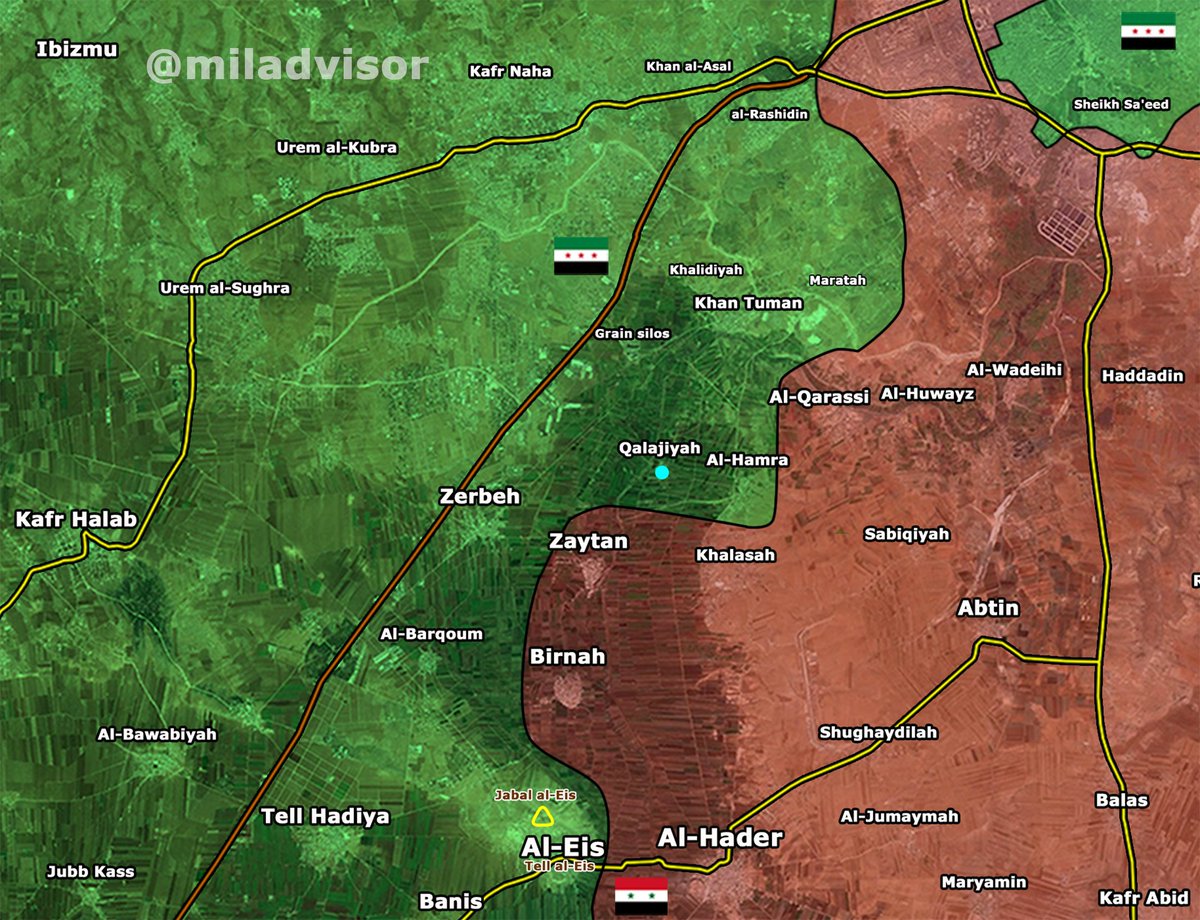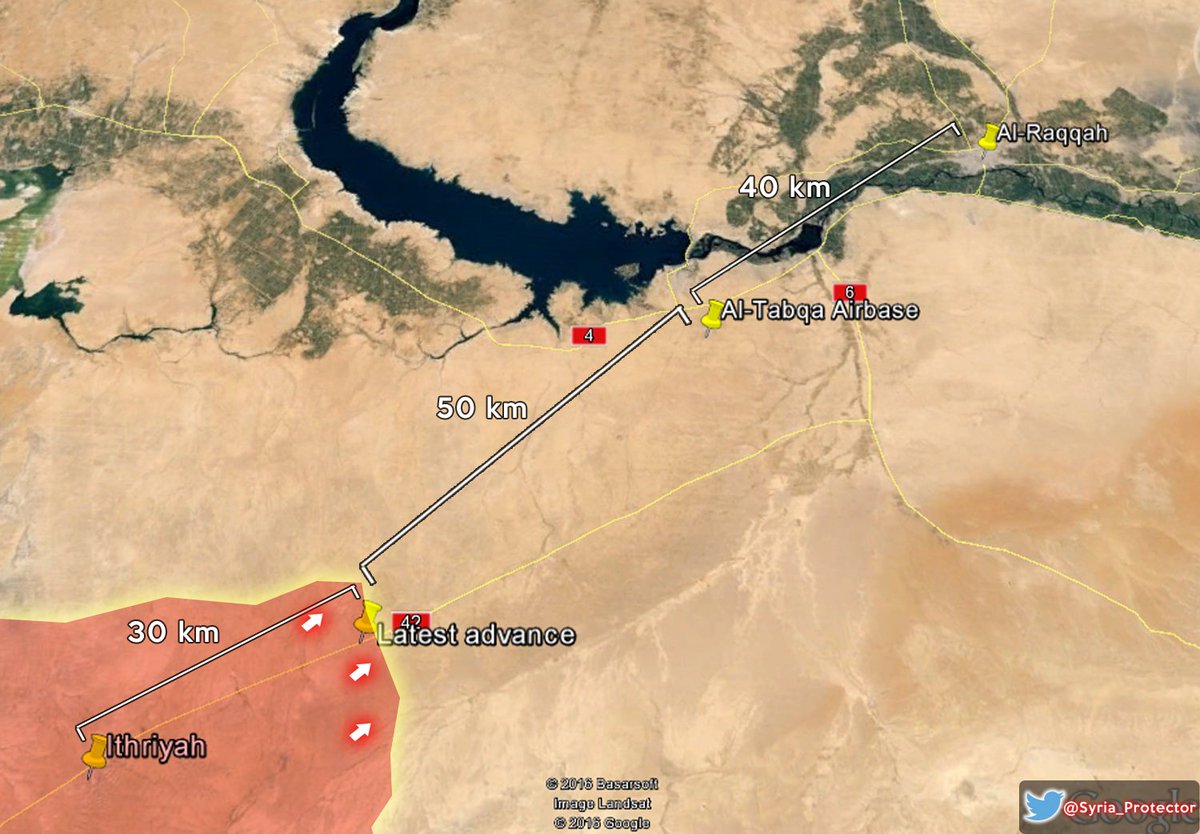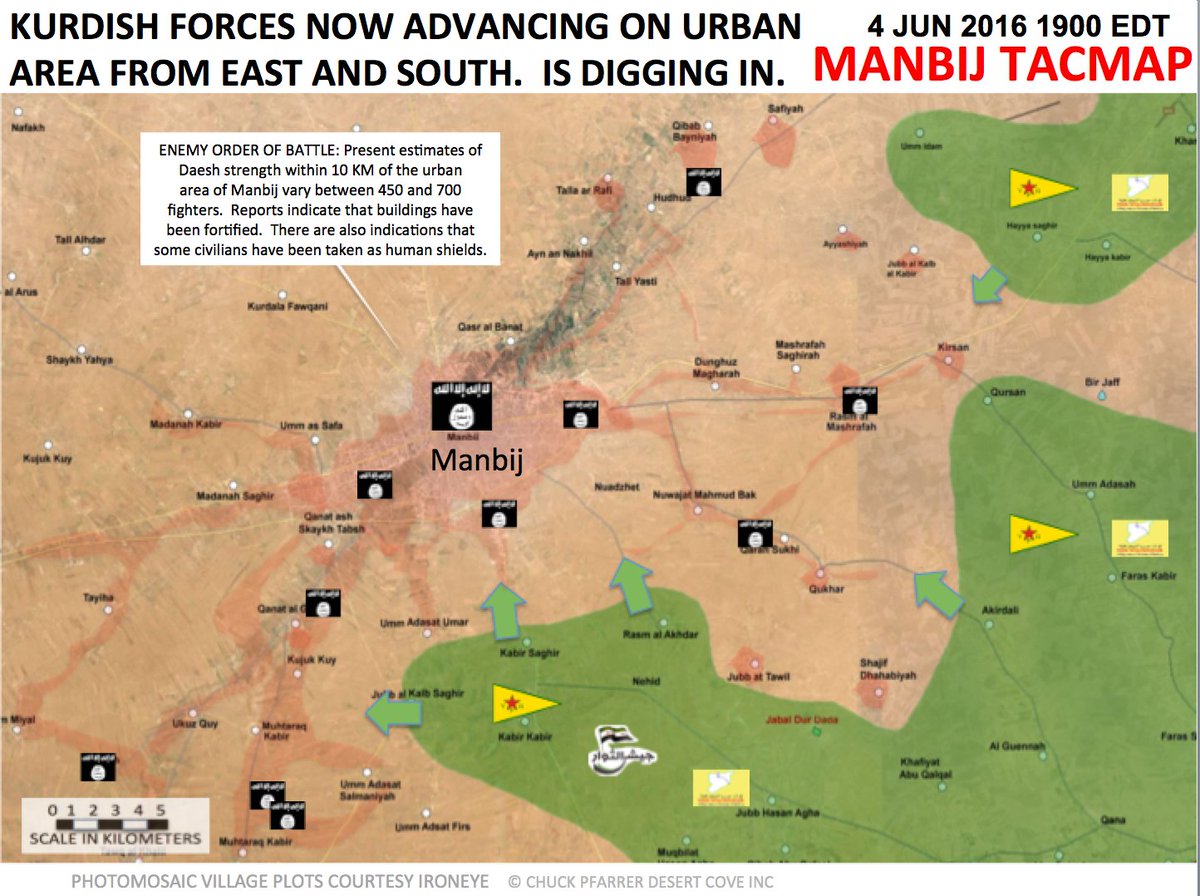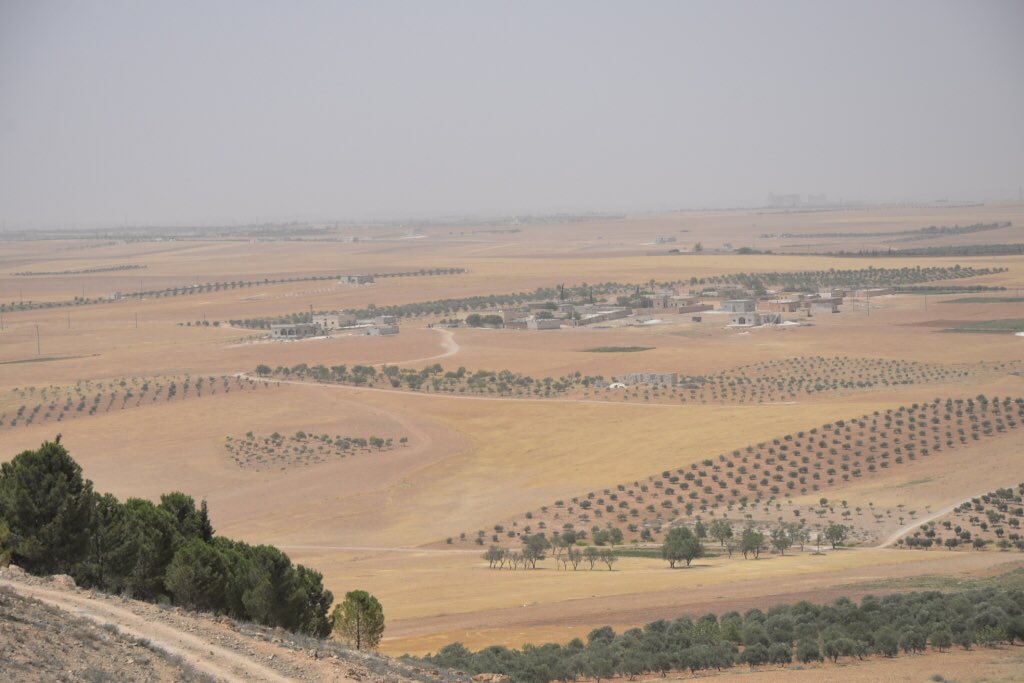Canada’s military is reviewing whether soldiers serving in northern Iraq will continue wearing the Kurdish flag on their uniforms—a potential flashpoint in that nation’s politics.
Maj.-Gen. Mike Rouleau, who oversees the troops deployed to Iraq, said he’ll be making recommendations in the coming days to Gen. Jonathan Vance, the chief of defence staff, whether the practice of wearing the Kurdish flag — which dates to the first days of the mission in 2014 — should continue.
Canadian troops say that wearing the distinctive red, white and green flag with a sun emblem in the middle is meant as a symbol of solidarity with the Kurdish peshmerga troops they are training and advising near Erbil.
But sporting the flag has raised questions, given the long-held aspirations of Kurds who seek independence from Iraq.
While Kurds and Iraqis find themselves together in the fight against Daesh extremists, those tensions are never far from the surface.
That means the practice of wearing the flag could be see as a potentially provocative move by Canada’s military, a display of public support to the nationhood aspirations of the Kurdish people and a poke at the Iraqi central government in Baghdad.
“I refuse to get embroiled in the politics of the war. That’s not my job. I’m a general,” said Rouleau, who oversees the Canadian Special Operations Forces Command.
“It is a recognized symbol worn by Iraqi security forces. . . . People can debate it and kind of spin it any way they want. For me, it’s nothing more than a symbol of solidarity,” Rouleau said in an interview Wednesday.
Rouleau said he’s not aware of any complaint from the Iraqi government, despite multiple visits by high-level dignitaries from Baghdad to the area where Canadians are assisting.
A small group of Canadian special forces soldiers were deployed to northern Iraq in the fall of 2014 to assist peshmerga forces contain the onslaught of Daesh fighters, also known as ISIS and ISIL.
Rouleau said the Canadians have been wearing the Kurdish flags on their uniforms from the start — the Kurdish flag on the right shoulder and the Canadian flag on their left.
But the practice got added attention last month when the Toronto Star and CTV reported on the work of the soldiers assisting the peshmerga near the front lines.
“I’m certainly looking at it. I want to make some recommendations to (Vance) . . . if it’s a practice we should still continue. The chief will give us some direction,” Rouleau said during a visit to Garrison Petawawa.
The sprawling military base is home to elements of Rouleau’s special forces command.
U.S. troops serving in neighbouring Syria came under recent criticism for wearing the insignia of the YPG, a Kurdish armed body that Turkey claims is a terrorist group. The American soldiers were ordered to pull the markings from their uniforms.
But Rouleau stressed that the peshmerga are sanctioned by the Iraq government.
“This is not some kind of guerrilla organization that we’ve raised. This is part of the Iraqi security forces,” he said.
If the decision is made to remove the Kurdish flags, Rouleau said it would not change the “fraternity that we show the people that we are supporting.”
Canadian commanders have tried to steer clear of Iraq’s internal debates and any discussions about what may come next when the current fight against Daesh ends.
“While we’re here, while we are performing this function to rid Iraq of ISIL, I think it’s in all of our best interests to have the political unity necessary to deal with this threat,” Vance told reporters during a visit to northern Iraq in April.
“Where Iraq decides to go after in terms of its political laydown is up to Iraq,” the top general said.
“The success of Iraq will depend on what they do after ISIL is gone. We want to make certain that ISIL is removed as expeditiously as possible.”














